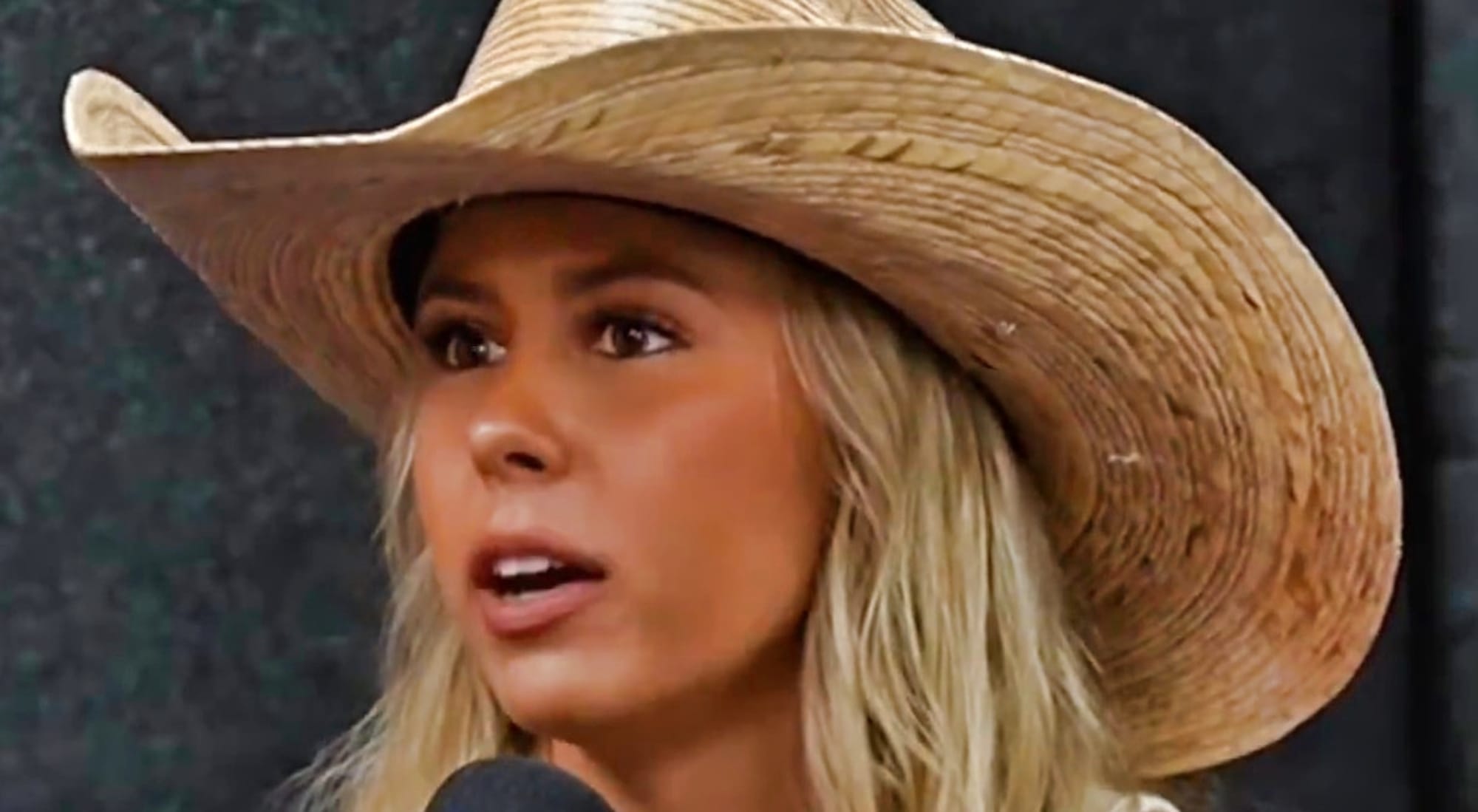The documentary surrounding Joe Francis, the creator of the infamous ‘Girls Gone Wild’ franchise, has reignited discussions about the complex legacy of his work and the broader implications it has for the entertainment industry and society at large. Launched in the early 2000s, ‘Girls Gone Wild’ quickly became a cultural phenomenon, known for its provocative content featuring young women in various states of undress, often filmed during spring break parties. While it garnered immense popularity and financial success, it also faced intense scrutiny regarding the ethics of its production and the treatment of its participants.
The recent documentary sheds light on the behind-the-scenes operations of ‘Girls Gone Wild,’ featuring interviews with former models, industry insiders, and critics. Many of these individuals recount their experiences, highlighting issues of consent, manipulation, and the pressure to conform to a specific image of femininity. The documentary does not shy away from confronting the darker aspects of Francis’s methods, including allegations of coercion and the exploitation of vulnerable young women, often in pursuit of fame and financial gain.
In the wake of the #MeToo movement, the documentary serves as a critical examination of the entertainment industry’s historical treatment of women and the ongoing fight for agency and respect. The conversations sparked by the documentary are particularly relevant today, as more individuals come forward to share their stories of exploitation in various sectors, including film, music, and modeling.
Joe Francis has remained a polarizing figure, with supporters arguing that he provided a platform for women to express their sexuality and gain visibility, while detractors emphasize the harmful consequences of his work. This dichotomy reflects a broader societal struggle to reconcile the desire for sexual liberation with the need for ethical standards in media representation.
In addition to the documentary’s revelations, discussions around the legacy of ‘Girls Gone Wild’ have led to a renewed interest in the implications of reality television and internet content on youth culture. Critics argue that the franchise contributed to a culture of objectification and unrealistic beauty standards, influencing how young women perceive themselves and their worth.
As the documentary continues to gain traction, it invites viewers to reflect on the changing landscape of media and the importance of consent and ethical representation. It serves as a reminder that while the entertainment industry can provide opportunities for self-expression, it must also prioritize the dignity and rights of all individuals involved.
In conclusion, the documentary on Joe Francis and ‘Girls Gone Wild’ is not just a retrospective on a controversial figure; it is a call to action for the industry and society to confront uncomfortable truths about power dynamics, consent, and the treatment of women in media. As the conversations evolve, it is crucial for both creators and audiences to engage in discussions about ethical practices and the impact of media on cultural perceptions of gender and sexuality.



